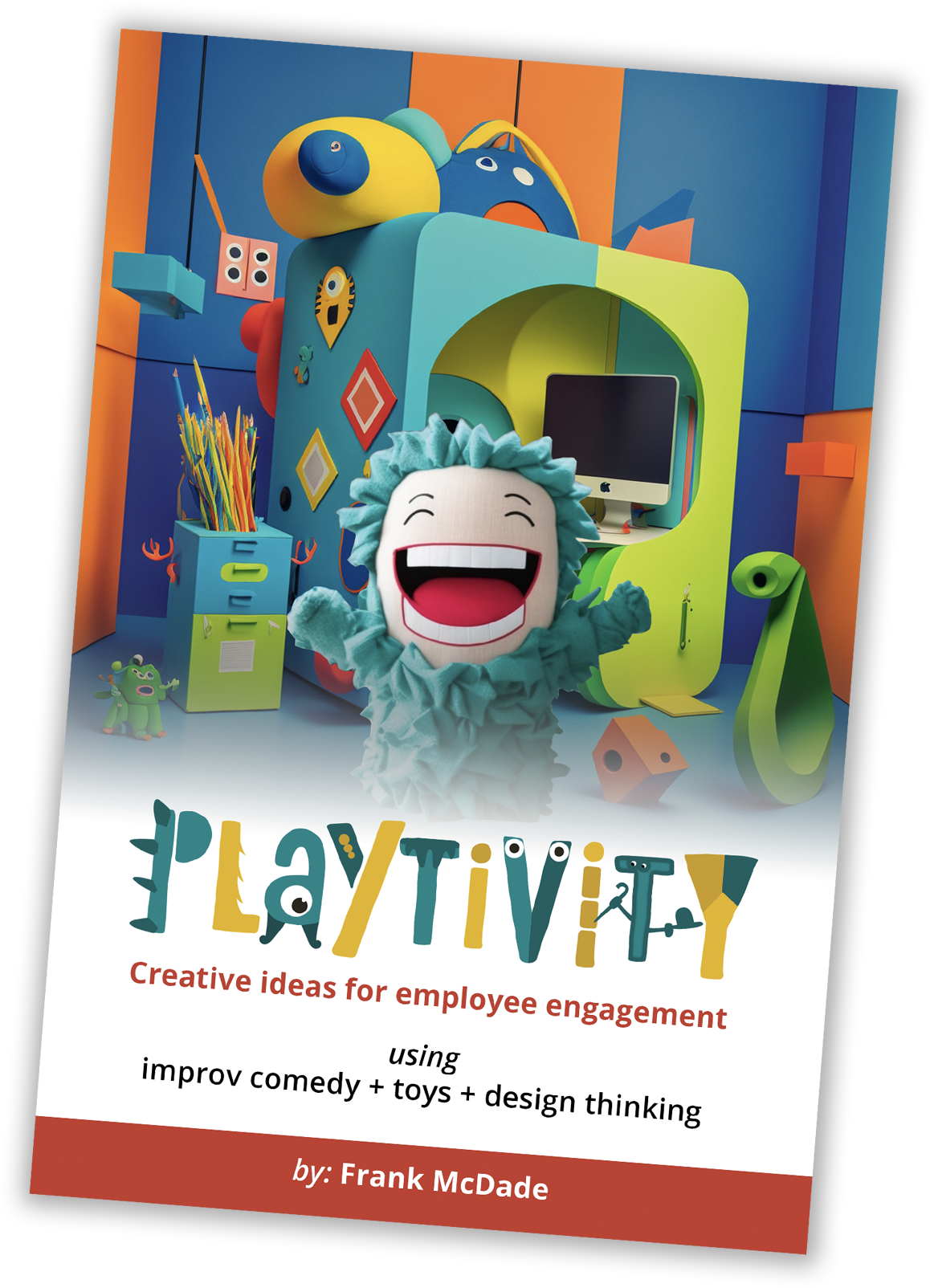Welcome back to our sketch comedy series! Today, we’re diving into the crucial process of researching and collecting ideas—two foundational elements that can make your sketch topical and relatable. As a comedy writer and performer, I can’t stress enough how observing the world around you can lead to authentic, relatable, and downright hilarious material. Let’s jump in.
Research and Observe
At the heart of every great sketch is a kernel of truth, and that truth often comes from careful observation and research. Your mission, should you choose to accept it, is to become a keen observer of the world around you. This means paying attention to everyday interactions, news stories, popular trends, and even the quirky behaviors of people you encounter.
Consider the mundane moments—those tiny interactions that often go unnoticed. What makes people laugh? What causes discomfort? By analyzing these situations, you can gather material that resonates with your audience, helping them connect to your sketches on a personal level. Remember, the best comedy often comes from exaggerating these relatable scenarios, amplifying the absurdity of real life.
Study Existing Sketch Shows
While you’re honing your observational skills, take the time to study existing sketch shows. Pay attention to the patterns in structure, pacing, and character dynamics. What makes a sketch successful? Is it the punchy setup? The surprising twist? The chemistry between characters? By dissecting these elements, you can glean valuable insights that will inform your own writing.
Introduction to the Riff Sheet
As you gather inspiration, it’s essential to keep track of your ideas. Enter the Riff Sheet—your personal repository for comedic gold! This is where you jot down ideas you like, funny jokes, potential premises, and any interesting angles you want to explore in your sketches.
Think of your Riff Sheet as a creative playground. You can play around with comedic devices, such as wordplay, absurdity, and irony, to uncover new angles for your sketches. The more you riff, the more likely you are to stumble upon something truly hilarious.
Maintain a Journal and Always Be Writing
One of the best habits you can develop as a comedy writer is maintaining a journal. This doesn’t have to be a formal diary; it can be a collection of thoughts, ideas, and observations that catch your attention throughout the day. Carry a notebook or use a note-taking app on your phone to ensure you never miss a spark of inspiration.
Set aside time each day to write—whether it’s jotting down ideas, fleshing out a sketch, or simply reflecting on your observations. The key is consistency. The more you write, the sharper your comedic instincts will become, and you’ll find it easier to transform your observations into compelling sketches.
In our next blog post, we’ll explore how to brainstorm and expand on your ideas, bringing together everything we’ve discussed so far. Until then, get out there, observe the world, and don’t forget to have fun with your research! Comedy is everywhere—you just have to look for it. Happy writing!
